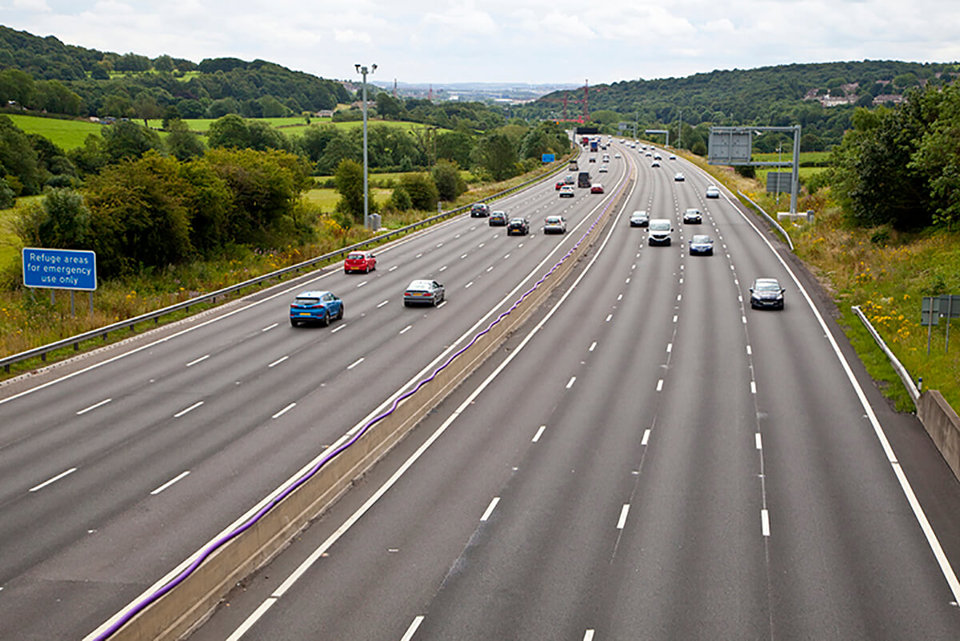A coroner has asked the Crown Prosecution Service (CPS) to consider a charge of corporate manslaughter for Highways England following the death of a 62-year-old woman on a stretch of smart motorway.
The Doncaster coroner made the decision to refer the case to the CPS at a pre-inquest review hearing for Nargis Begum today (Thursday, February 11).
Begum, who was from Sheffield, was killed on the M1 in South Yorkshire in September 2018, when another vehicle collided with her husband’s Nissan Qashqai, which had broken down.
Begum had exited the Nissan, which was stranded in a live lane, and was waiting for help when the incident happened.
The smart motorway section had no hard shoulder.
More than 16 minutes elapsed between the Nissan breaking down and the collision, plus a further six minutes before warning signs telling other drivers not to use the lane in which the Nissan was located were activated.
The CPS had previously decided against prosecuting the driver who hit the Nissan.
Fleet News reported last year how almost 40 people had been killed on smart motorways over a five-year period.
In March 2020, the Government announced a series of measures to improve the safety of smart motorways, following a review commissioned by Transport Secretary Grant Shapps.
Analysis commissioned by the transport secretary reportedly found that "in most ways", smart motorways are as safe as, or safer than, conventional ones.
There was also an admission that some risks are higher than on conventional motorways, for example the risk of a collision between a moving and stationary vehicle.
Edmund King, AA president, said: “This is a significant moment for smart motorways and highlights many failings, previously raised by the AA, that should have been spotted before the first fatalities, and clearly need urgent action.
“The coroner feels there are significant concerns in this case which require further investigation.
“The key one raised in court, from the AA’s point of view, is the risk of having only eight people watching 450 cameras within the Yorkshire and North East region.
“We feel the risk of death would be reduced with more emergency laybys and the extensive use of radar to help pinpoint incidents.
“We will await the CPS conclusions in due course, but this decision will once again raise serious questions regarding the permanent removal of the hard shoulder.”
RAC research suggests that more than two-thirds of drivers believe that permanently removing the hard shoulder compromises safety in the event of a breakdown.






















Login to comment
Comments
No comments have been made yet.